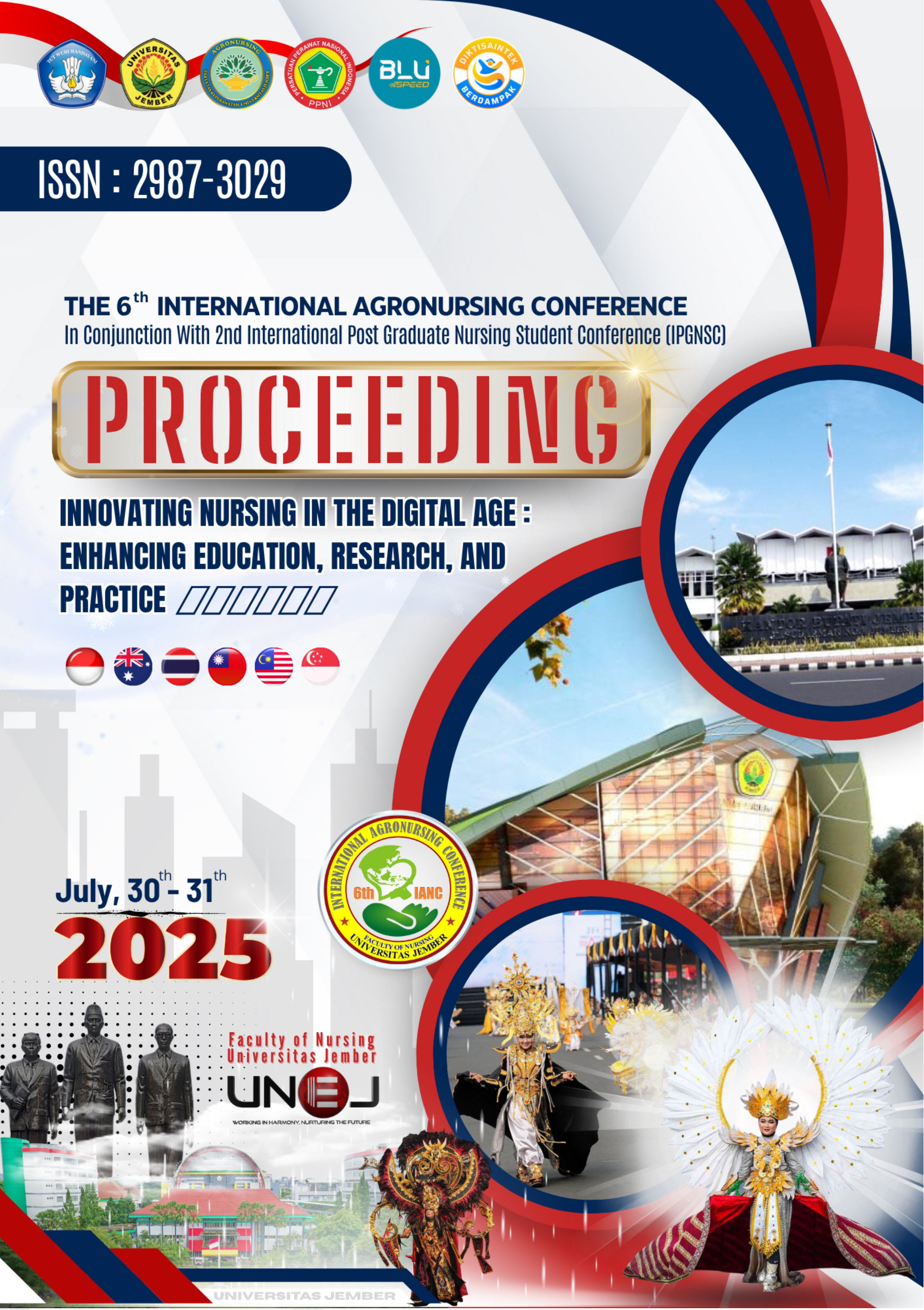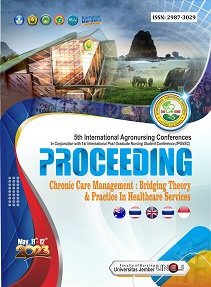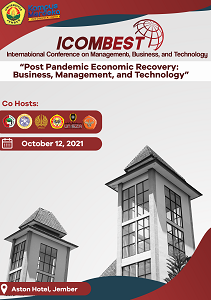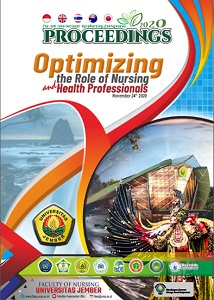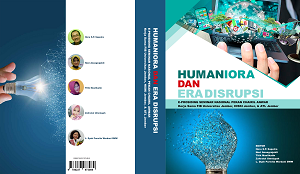THE ROLE OF SELF-EFFICACY IN PROMOTING SELF-CARE BEHAVIOR AND BLOOD PRESSURE CONTROL AMONG HYPERTENSIVE PATIENTS: A CROSS-SECTIONAL STUDY IN RURAL INDONESIA
Abstract
Background: Self-efficacy is crucial in promoting self-care behaviors and effective hypertension management. This study examined the relationship between self-efficacy, self-care behavior, and blood pressure control among hypertensive patients in rural Indonesia.
Methods: A descriptive quantitative cross-sectional study was conducted in Panggung Village, Gondanglegi District, Malang Regency, East Java. A total of 100 respondents were selected through purposive sampling based on inclusion criteria: hypertension diagnosis >1 year, systolic BP ≥150 mmHg and/or diastolic BP ≥90 mmHg, and age 45–80 years. Data were collected using the Orem Self-Care Questionnaire and General Self-Efficacy Scale (GSES), then analyzed with chi-square bivariate analysis. Results: The majority of respondents were male (57%) and had only elementary education (58%). Nearly half (47%) did not regularly take antihypertensive medication, and 37% had stage II hypertension. Low self-efficacy was found in 56% of respondents, while 42% showed non-independent self-care behavior. A significant strong positive correlation existed between self-efficacy and self-care (p = 0.000). Those with high self-efficacy were more likely to engage in independent self-care, including regular blood pressure checks, medication adherence, and dietary control. Conclusions: This study confirms a strong link between self-efficacy and self-care in hypertensive patients. Low self-efficacy and limited health literacy are key barriers to effective self-care and blood pressure control in rural areas. Enhancing self-efficacy through structured education and community programs like Prolanis is vital to improve outcomes and reduce complications. These findings underscore the need to integrate psychological empowerment into nursing interventions for chronic disease management in resource-limited settings.

